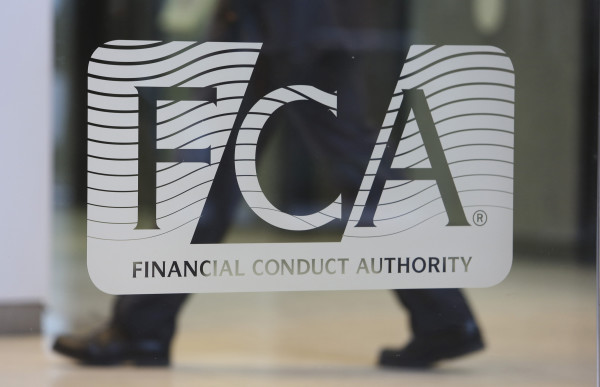

In a Call for Input paper published today (September 15), the Financial Conduct Authority said it wanted to consider how it could have a system where “firms which cause harm end up paying more” of the Financial Services Compensation Scheme’s costs.
The FCA added: “This is only fair and would also serve to further incentivise firms to achieve good outcomes for consumers in the first place.
“[The current system] can leave some firms paying the compensation costs for other firms who operate against a very different risk profile. This, and the fact that it is a ‘pay as you go’ scheme with contributions taken upfront, means that the ‘polluter’ does not always pay.”
Risky firms to pay more
The regulator said there were “no easy answers” for how to shake up the structure to ensure a fairer FSCS system, but primarily floated ideas on pinpointing the firms likely to cause the problems before they go into default and burden the lifeboat scheme.
The FCA said the approaches all required a way to identify those firms with the greatest likelihood of causing harm to consumers.
This was “difficult” in a market generally made up of a large number of small firms and when it could take years for an investor to realise the advice they had received wasn’t good enough, it added.
It also recognised that in some cases, it was individual advisers within firms who were responsible for poor advice.
The FCA said: “Again, the ‘lag’ between consumers being given advice and realising this wasn’t good enough can make tracking poorly performing advisers difficult, particularly as they often try to move around the industry.
“Finding these advisers, removing them from the advice market and stopping them from returning is one of our priorities.”
The FCA asked for the industry’s input on what more the regulator could do to ensure the ‘polluter pays’ for unsuitable advice.
The problem
Advice firms have seen dramatic rises in their FSCS levy costs over the past few years as defined benefit transfer and complex Sipp claims have come back to haunt the industry.
In the summer, FTAdviser learned of businesses receiving regulatory bills up to 61 per cent higher than last year’s invoice, while some advisers claimed even larger jumps in costs.
The increases led advisers to sound warning bells that the much-discussed advice gap was likely to widen further as consumers were priced out of advice when firms are forced to increase their fees in order to balance the books.
It has also led one adviser to warn clients he would have to invoice them to help cover his regulatory bill after the FSCS costs levied against his firm jumped 140 per cent in three years.
Chief executive of the FSCS, Caroline Rainbird, has expressed regret and understanding of how the levy affects the advice industry and pledged the body was doing all it could to prevent firms from failing and, in turn, lower the levy.
Charles Randall, chairman of the regulator, has previously suggested the system needed to be redesigned so "polluting firms" in the financial sector paid the bill for high risk and unsuitable investments, not "well-run firms" via the compensation scheme.
It echoed what many advisers have protested for a long time — that the ‘good guys always pay’.
Advisers also argue the FSCS fees levied on firms, alongside a hardening PI market, are making some advice businesses unviable.
imogen.tew@ft.com
Financial Adviser has launched a letter-writing campaign to urge the Treasury and FCA to reconsider their stance on fees. Send your comments and support to us at fa.letters@ft.com.



